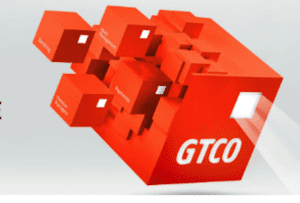Nigerian Stock Exchange to embrace blockchain to settle trades in 2023
The Nigerian Exchange Limited (NGX) intends to launch a blockchain-enabled exchange platform next year in order to expand trade and attract new investors.
The move follows the Nigerian Securities and Exchange Commission’s establishment of legislation to regulate trade in digital assets, as well as a growing enthusiasm among businesses and policymakers throughout the continent, particularly in Kenya and South Africa, to implement distributed-ledger technology.
Temi Popoola, the chief executive of Nigeria Exchange Ltd., stated in an interview that the exchange is looking to use blockchain technology to settle capital market transactions.
“That is the kind of technology that a lot of young and future Nigerians utilise, and that is what we want to see.”
According to Popoola, the Nigerian bourse would partner with a technology business and obtain regulatory clearance before launching in 2023.
Popoola believes that digitising transactions will help attract young buyers looking for a variety of products as well as quick and easy access to the market. Last year, MTN Group Ltd’s Nigeria unit released the bourse’s first complete electronic share offering, which was 1.2 times oversubscribed, with 85 per cent of the investors being under 40 years old.
The idea is being implemented in the aftermath of a bitcoin market crash caused by the Terra blockchain’s failure in May. Since its all-time high in November, Bitcoin has lost more than half of its value.
According to Paxful, a Bitcoin marketplace, young Nigerians account for the biggest volume of cryptocurrency transactions outside of the U.S., but they have mostly neglected the local bourse. In the first three months of this year, Nigerians transacted $185 million in Bitcoins on Paxful, accounting for a quarter of all transactions.
Recall, Africa’s largest economy launched the eNaira, a digital currency, in an effort to increase financial inclusion in Africa’s most populous country, where one-third of the population lacks access to financial services.




